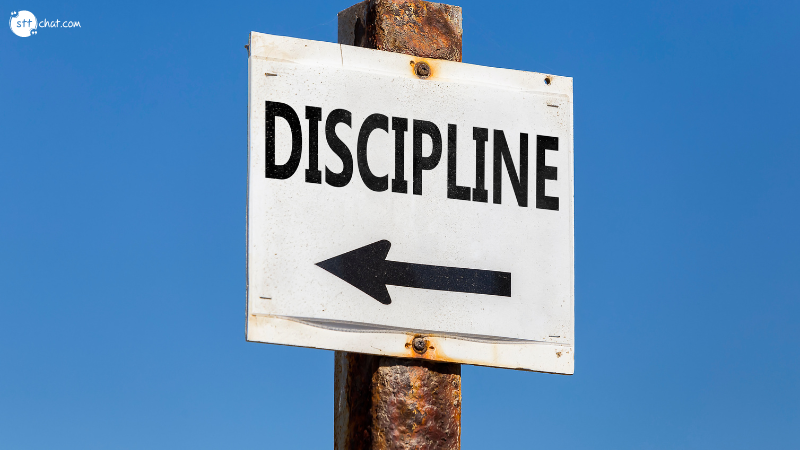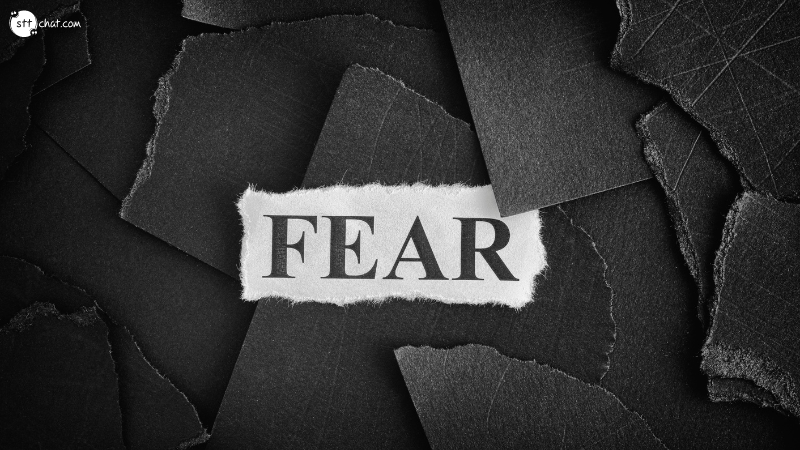The Boundaries of Formal Education
Formal education, with its standardized curriculum and rigid structure, is often designed to produce predictable outcomes. It provides the foundation for individuals to secure employment, earn a living, and contribute to society within predefined roles. However, the very nature of formal education restricts how far one can go. It is primarily designed for those who seek security, stability, and limited risk in their careers. Consequently, those who rely solely on formal education may find themselves confined within the boundaries of the system, unable to achieve true financial independence or personal growth.
The Infinite Possibilities of Self-Education
In contrast, self-education knows no limits. It is an ongoing process that empowers individuals to explore, learn, and grow beyond the confines of traditional education. Self-education allows you to pursue knowledge in areas that resonate with your passions, interests, and goals. This personalized approach to learning not only has the potential to make you financially successful but also deeply fulfilled. By taking charge of your education, you open doors to opportunities that formal education might never present.Consider the greatest entrepreneurs and innovators throughout history. Many of them, while formally educated, never stopped learning on their own. They continued to educate themselves, long after leaving the classroom, using life as their ultimate teacher. For these individuals, learning is a lifelong journey, driven by curiosity and a desire to grow. This mindset sets them apart and enables them to achieve extraordinary success.

Beyond Material Success: The Value of Self-Education
Self-education does more than just pave the way to financial success; it shapes who you become. The real value in life is not found in what you acquire but in who you become in the process. It’s about the pride and self-respect that come from knowing you’ve earned your success through hard work and continuous learning.The journey of self-education is about more than accumulating knowledge; it’s about transforming that knowledge into wisdom and using it to improve your life and the lives of others. It’s about becoming a better version of yourself every day, driven by a desire to learn, grow, and achieve.
Designing Your Own Life Plan
One of the most significant benefits of self-education is the freedom it gives you to design your own life plan. When you rely solely on formal education, you’re likely following a path that someone else has laid out for you. In contrast, self-education empowers you to take control of your destiny. You can set your own goals, create your own opportunities, and shape your future based on your passions and values.If you don’t design your life plan, you risk falling into someone else’s plan, and as the saying goes, they likely don’t have much planned for you. Success requires personal responsibility. It’s up to you to take the initiative, to educate yourself, and to put in the hard work needed to achieve your dreams.
The Importance of Risk in the Pursuit of Success
Self-education also involves taking risks. It’s about stepping out of your comfort zone, trying new things, and being willing to fail. Every great success story involves some level of risk. Whether it’s the risk of leaving a secure job to start a business or the risk of investing time and money into learning something new, these risks are essential for growth and success.Regret often comes from taking the easy path, the path that leads to mediocrity rather than greatness. To avoid this, you must be willing to take calculated risks, to put yourself out there, and to pursue your dreams with courage and determination.
The Discipline of Self-Education
Success, whether it’s financial, personal, or professional, requires discipline. Self-education is no different. It requires the discipline to keep learning, even when it’s challenging. It’s about showing up every day, putting in the work, and staying committed to your goals. Discipline is the bridge between where you are now and where you want to be. It’s not about making huge leaps, but about consistent, small steps that compound over time to lead to significant results.Conclusion: Happiness and Fulfillment Through Self-Education
Ultimately, self-education is about more than just achieving success. It’s about designing a life that brings you happiness and fulfillment. True happiness isn’t something you postpone until you’ve achieved your goals; it’s something you create every day through the choices you make. By taking control of your education and your life, you can design a future that not only brings you financial success but also deep personal satisfaction.In a world where many people live according to plans laid out by others, self-education is a powerful tool that allows you to break free from the ordinary and achieve extraordinary results. It’s about taking responsibility for your growth, your success, and your happiness. It’s about living a life that you design, a life that is truly your own.






